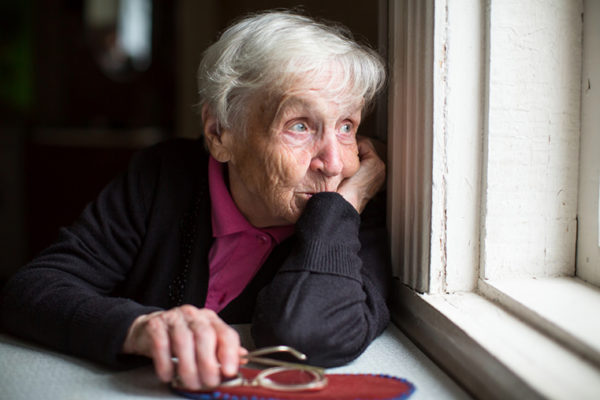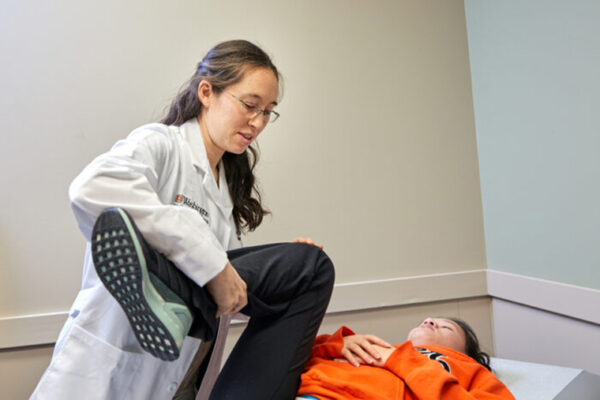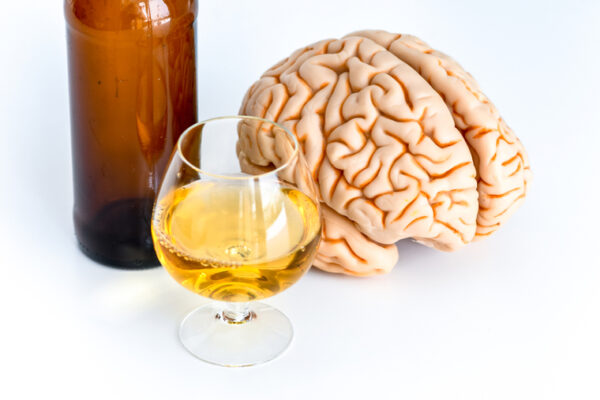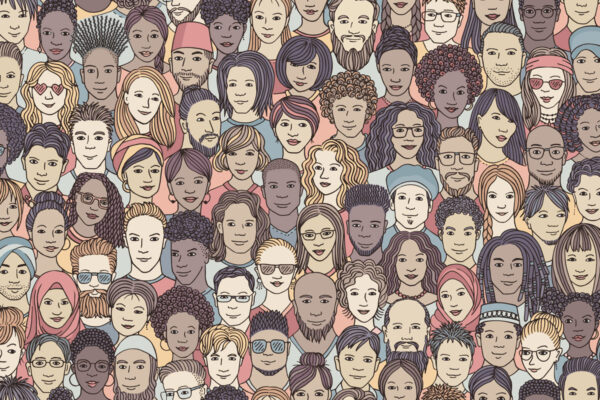WashU Expert: Stuck in the house for a while? Here are some tips
As schools and entertainment venues close due to the coronavirus outbreak, many of us are seeing our social circles reduced quite significantly. An expert on social support at Washington University in St. Louis offers a few evidence-based suggestions for thriving during household isolation.
Parents’ social isolation linked to their children’s health
Parents’ social isolation was linked to self-reported poorer health not only for themselves but also for their adolescent children, finds a study from the Brown School at Washington University in St. Louis.
Depression, anxiety may hinder healing in young patients with hip pain
New School of Medicine research suggests that physicians evaluating young patients with hip pain should consider more than physical health. They also should consider screening for clinical depression and anxiety — impairments that can have a negative impact on outcomes following hip surgery.
Famished
Eating Disorders and Failed Care in America
When Rebecca Lester was eleven years old — and again when she was eighteen — she almost died from anorexia nervosa. Now both a tenured professor in anthropology and a licensed social worker, she turns her ethnographic and clinical gaze to the world of eating disorders — their history, diagnosis, lived realities, treatment and place […]
The Great Pretender
An investigation into the shocking mystery behind a dramatic experiment that revolutionized modern medicine.
Which came first: brain size or drinking propensity?
Contrary to the belief that drinking can literally shrink one’s brain, a new study that includes researchers from Arts & Sciences suggests that a small brain might be a risk factor for heavier alcohol consumption.
New antidepressants on horizon
Medical scientists at the Taylor Family Institute for Innovative Psychiatric Research have pioneered the use of neurosteroid drugs to treat psychiatric illness.
Suicide attempts among black adolescents on the rise
While suicide attempts decreased overall among U.S. adolescents between 1991 and 2017, they increased by 73% among black adolescents, finds a new study from the Brown School at Washington University in St. Louis.
Training researchers to address mental health disparities
The National Institute on Minority Health and Health Disparities of the National Institutes of Health (NIH) has awarded researchers at Washington University in St. Louis a grant to train young scientists to recognize, investigate and work toward correcting disparities in access to mental health care in the U.S. and abroad.
Emotional violence in childhood, adolescence associated with suicidal thoughts
Early exposure to emotional violence “significantly” increases the chances that youths will contemplate suicide, according to new research from three countries conducted by the Brown School at Washington University in St. Louis.
Older Stories









